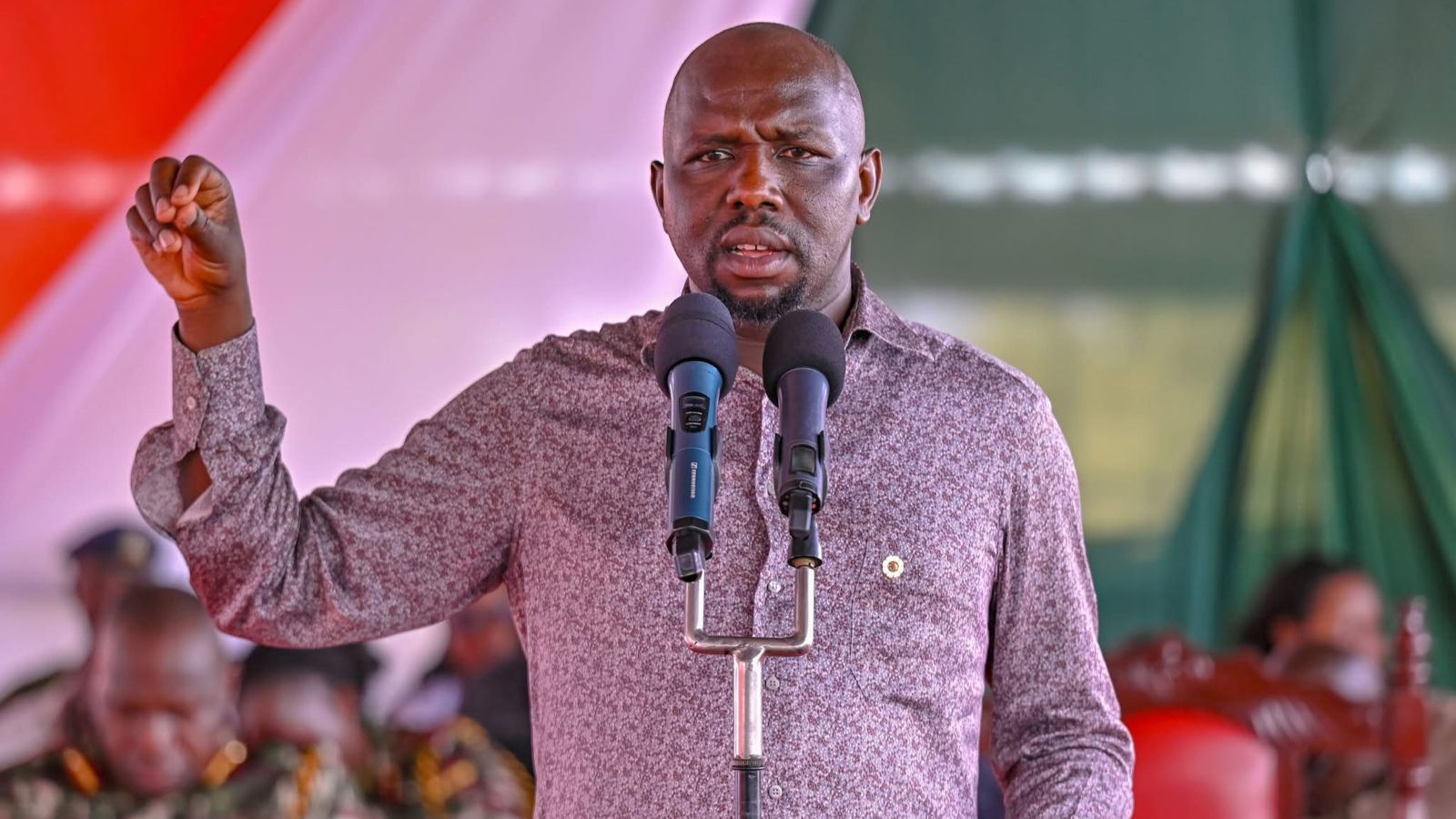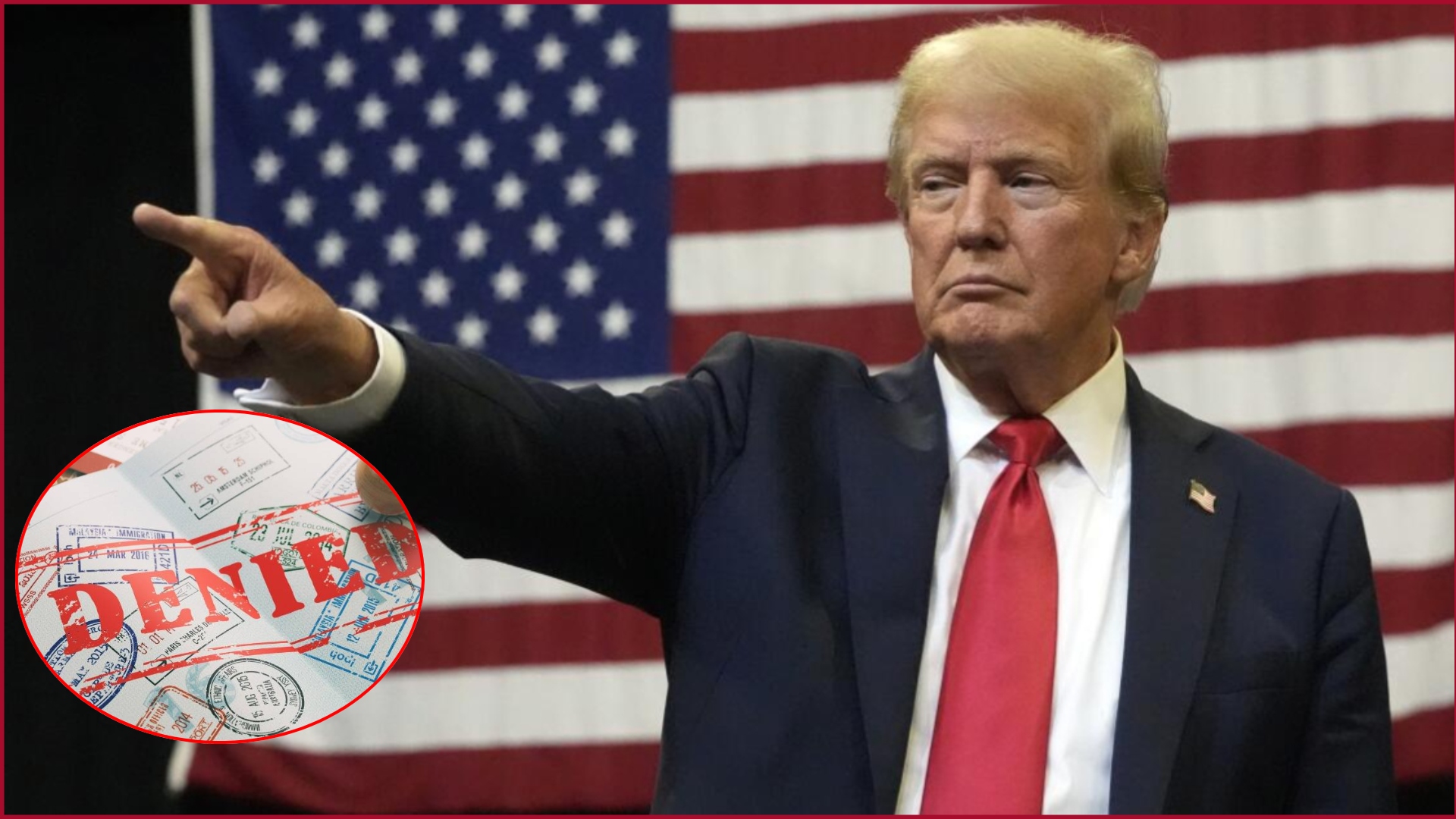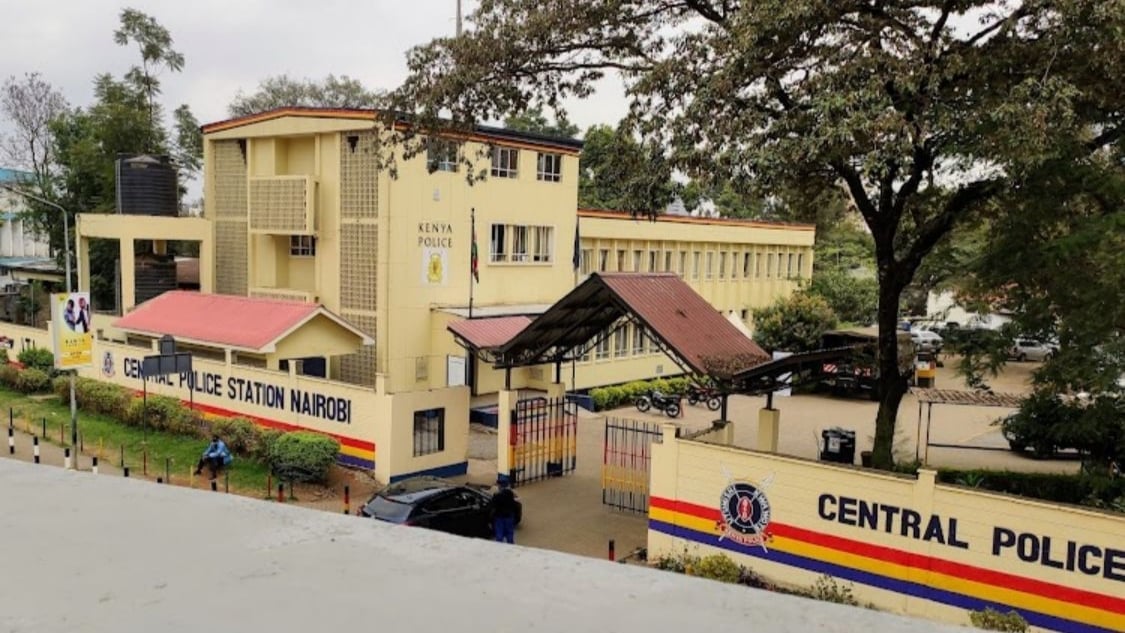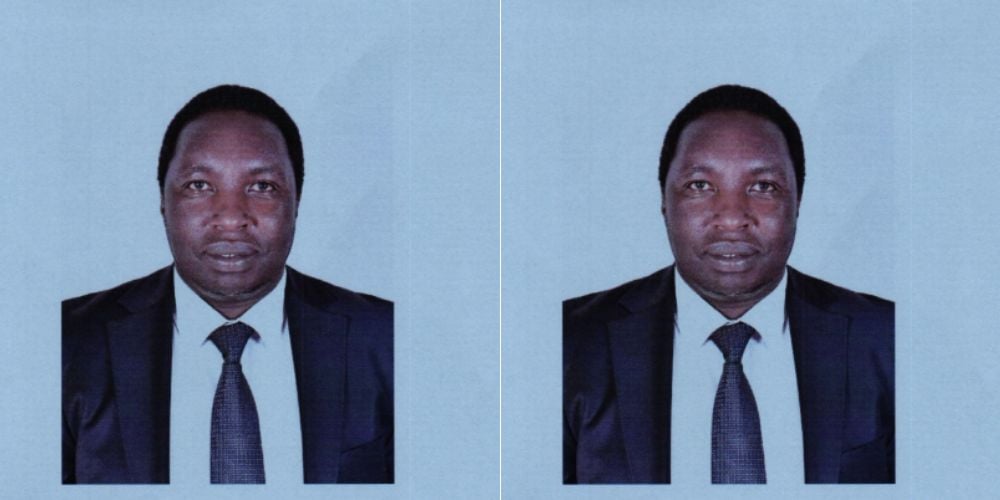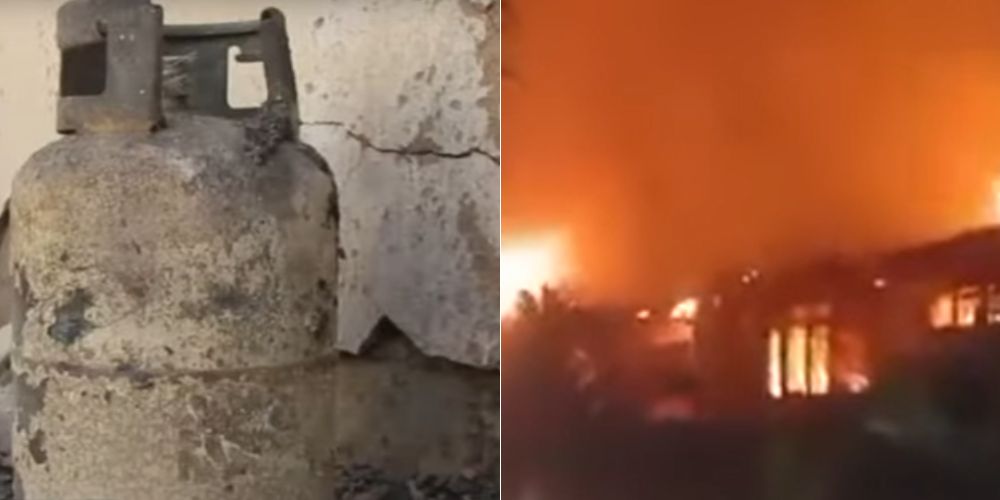Interior Cabinet Secretary (CS) Kipchumba Murkomen has doubled down on his defence of police officers who ask citizens for fuel to respond to emergencies, insisting that the country must face the reality of chronic underfunding rather than label officers as corrupt.
Speaking in Nyamira on 19 September 2025 during a Jukwaa la Usalama forum, Murkomen restated his earlier remarks that the current monthly fuel allocation for police vehicles is inadequate. He also criticised those, particularly in the media, who have accused officers of corruption when they request assistance from the public.
"Is it news that mafuta ya polisi for the longest inaisha before the end of the month? I mean it is public knowledge the allocation we give our police officers ni 450 litres alafu polisi akisema mafuta imiesha unaita yeye corrupt Tuwache Ujinga," Murkomen said.
The CS took aim at journalists, accusing them of sensationalising his comments and misrepresenting his position.
"Nlikuwa naona wengine wanaandika kwa gazeti ati oooh Murkomen is encouraging corruption by saying support police officers muweke mafuta kwa gari zao, kwani hiyo ni story? Ni kama hawa watu wanaadika magazeti have never interacted with police officers. Let's be reasonable mafuta imeisha it is 450 litrres what do you want the police officers to say?" he posed.
Read More
Murkomen stressed that his remarks were not an endorsement of corruption, but an acknowledgement of a structural problem that has long undermined policing in Kenya. According to him, fuel shortages are a daily reality for officers who rely on limited allocations to patrol, respond to emergencies, and conduct operations.
The CS further disclosed that discussions are underway with the National Treasury to revise the monthly allocations, which currently stand at 450 litres per vehicle.
"We have agreed with the treasury that the allocation per month should move from 450 at least to 650 to start with to assist our officers to move forward," he said.
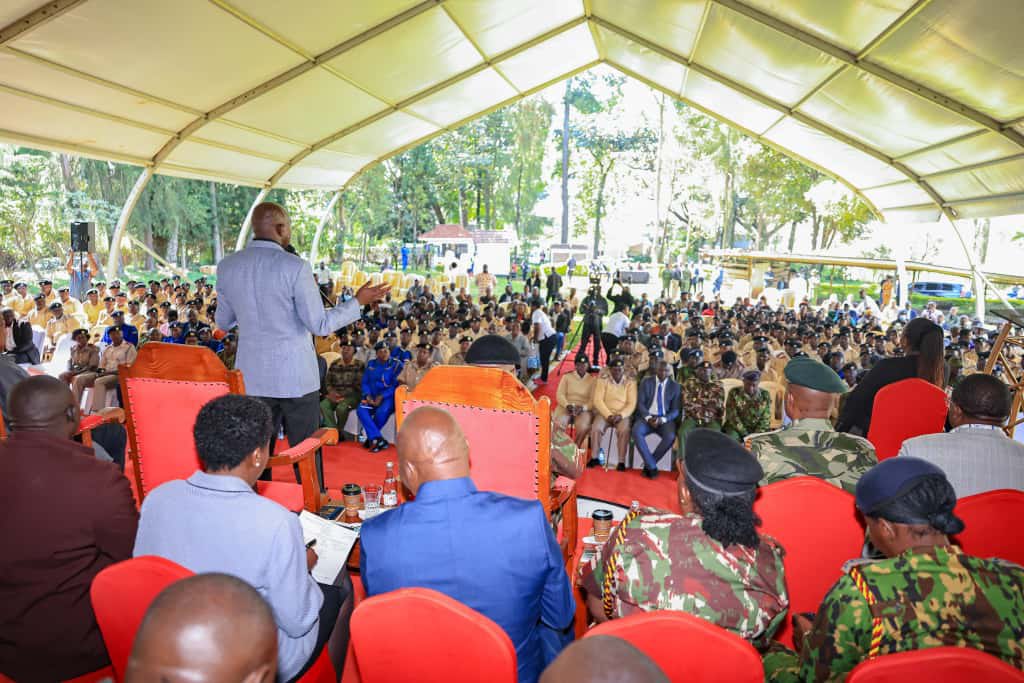 Murkomen addressing law enforcement officers at Nyamira Jukwaa la Usalama forum.
Murkomen addressing law enforcement officers at Nyamira Jukwaa la Usalama forum.
This proposed adjustment, Murkomen argued, would ease the pressure on officers and reduce the need for them to seek fuel from citizens in the line of duty.
The debate was triggered on 16 September 2025 when Murkomen, while addressing a Jukwaa la Usalama meeting in Homa Bay, publicly defended officers accused of asking residents to contribute fuel. He claimed the practice stemmed from depleted allocations rather than malice or bribery.
"The reason police officers are asking for fuel is because it is the truth. I will not sugar-coat it. Because of our leasing programme, we give police officers per vehicle 450 litres of fuel, and like the OCS said, by the 18th of every month, this allocation is usually depleted from all the trips to operation areas," Murkomen explained.
His blunt assessment sparked sharp reactions from Kenyans online, civil society groups, and political commentators. Critics argued that while the problem of inadequate resources is real, normalising citizen contributions risks reinforcing the perception that essential state services are transactional.
Among the strongest critics was Amnesty International Kenya, which warned that the CS’s remarks risk entrenching a culture of impunity within the police service.
"Citizens pay taxes so that police officers will serve and protect them impartially. Law enforcement services must not be transactional or dependent on a citizen’s ability to pay. If police services were to rely on informal contributions from the public, over 20 million Kenyans living below the national poverty line would be denied essential protection services," the organisation said in a statement.
Amnesty further argued that the government’s responsibility is to guarantee adequate resourcing for law enforcement, not to shift the burden onto ordinary citizens.
